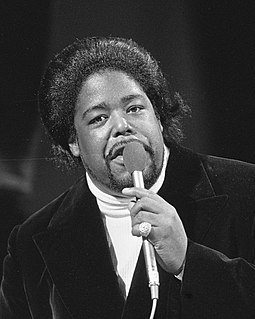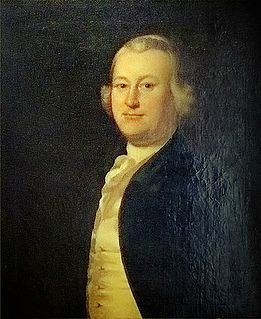A Quote by Elbert Hubbard
Every tyrant who has lived has believed in freedom for himself.
Related Quotes
America is said to be the arena on which the battle of freedom is to be fought; but surely it cannot be freedom in a merely political sense that is meant. Even if we grant that the American has freed himself from a political tyrant, he is still the slave of an economical and moral tyrant. Now that the republic--the res- publica--has been settled, it is time to look after the res- privata,--the private state,--to see, as the Roman Senate charged its consuls, "ne quid res-PRIVATA detrimenti caperet," that the private state receive no detriment.
The thing that you have to understand about those of us in the Black Muslim movement was that all of us believed 100 percent in the divinity of Elijah Muhammad. We believed in him. We actually believed that God, in Detroit by the way, that God had taught him and all of that. I always believed that he believed in himself. And I was shocked when I found out that he himself didn't believe it.
But we know that freedom cannot be served by the devices of the tyrant. As it is an ancient truth that freedom cannot be legislated into existence, so it is no less obvious that freedom cannot be censored into existence. And any who act as if freedoms defenses are to be found in suppression and suspicion and fear confess a doctrine that is alien to America.
At that moment, in the sunset on Watership Down, there was offered to General Woundwort the opportunity to show whether he was really the leader of vision and genius which he believed himself to be, or whether he was no more than a tyrant with the courage and cunning of a pirate. For one beat of his pulse the lame rabbit's idea shone clearly before him. He grasped it and realized what it meant. The next, he had pushed it away from him.




































